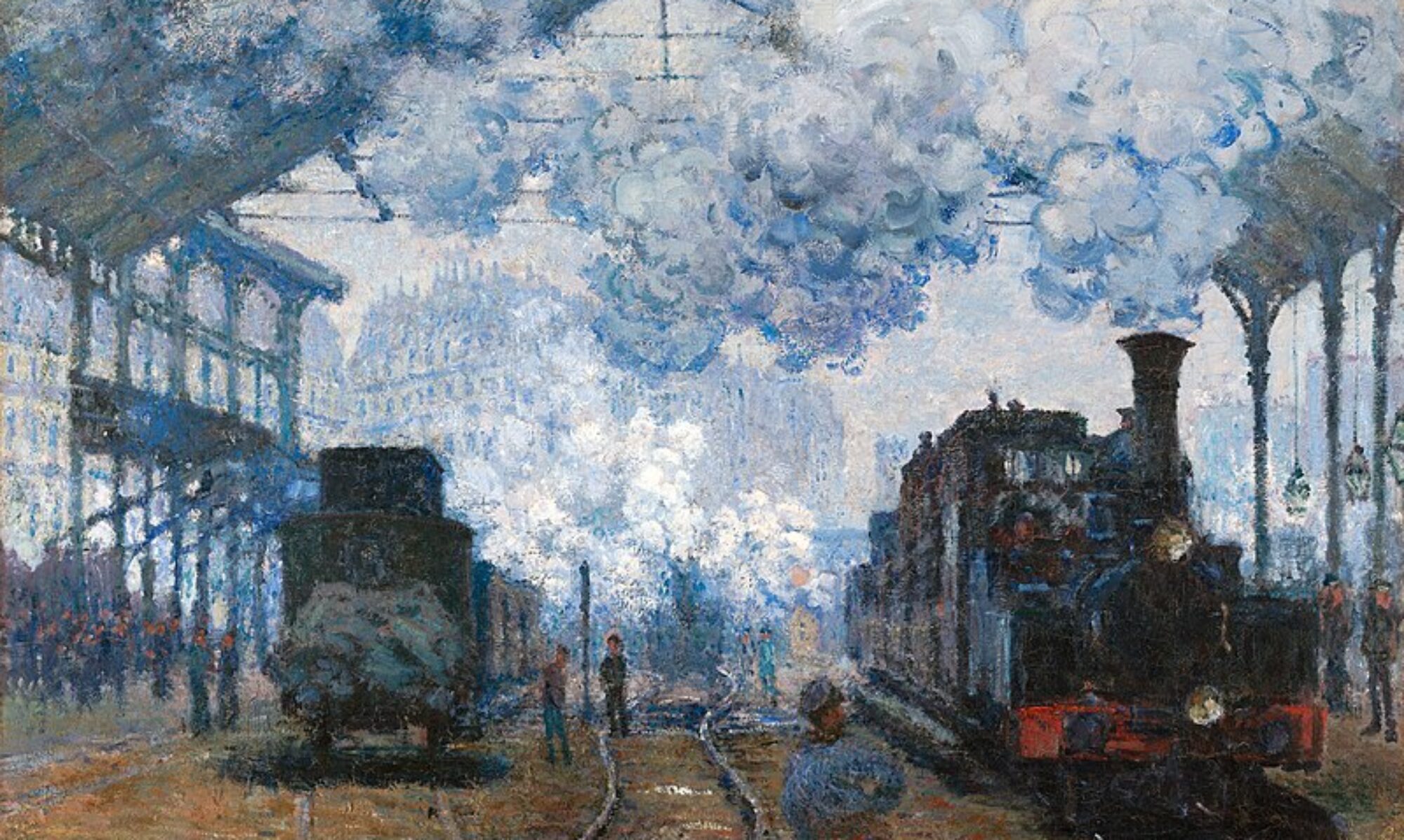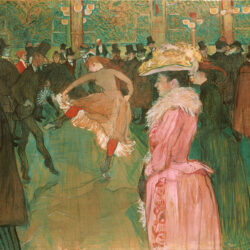In Friedrich Engel’s “The Conditions of the Working Class in England”, he mentions that the Bourgeoisie of England are able to maintain power due to the competition between the working classes. Engel’s implies that the Bourgeoisie have the power to render the working class “helpless” by forcing them to compete with one another. For instance, he states, ” Here we have all the competition of the workers among themselves. If all the proletariats announced their determination to starve rather than work for the Bourgeoisie, the latter would have to surrender its monopoly.” Thus, Engels is implying that the Bourgeoisie own all the capital within society and have the power to manipulate and control the lives of the working class (proletariats) by replacing them with one another if their demands ever became too high. Engels also understands that the Bourgeoisie would always have power as long as they had a few workers and only unifying the working class would force the Bourgeoisie to make changes. (“Competition” Page 88)
In Engel’s statement about unifying the working class, he does not just blame the Bourgeoisie for creating competition among the working class. For instance, he also blames the Irishmen for contributing to competition. Engels claims that the Irish force the English to lower their standards in order to not starve or be replaced by the less “civilized” men who are more willing to live in worse conditions. For instance, Engel’s states, “True, this limit is relative; one needs more than another; the Englishman who is still somewhat civilized needs more than the Irishman who goes in rags, eats potatoes, and sleeps in a pigsty. But that does not hinder the Irishman’s competing with the Englishman, and gradually forcing the rate of wages, and with it the Englishman’s level of civilization, down to the Irishman’s level.” Basically, Engel’s claims the the Irish are less “civilized” than the British and attaches stereotypes to certain groups within the working class. Thus, Engels invokes a sense of cultural superiority by attaching the English to “civilization.” (“Competitions” Page 89) Therefore, this final quote prompts a few questions. Also, why would Engels create cultural distinctions between two groups within the working class when claiming unity would be needed to destroy the Bourgeoisie? How might Engels create more division by making distinctions between the Irish and English working class?

